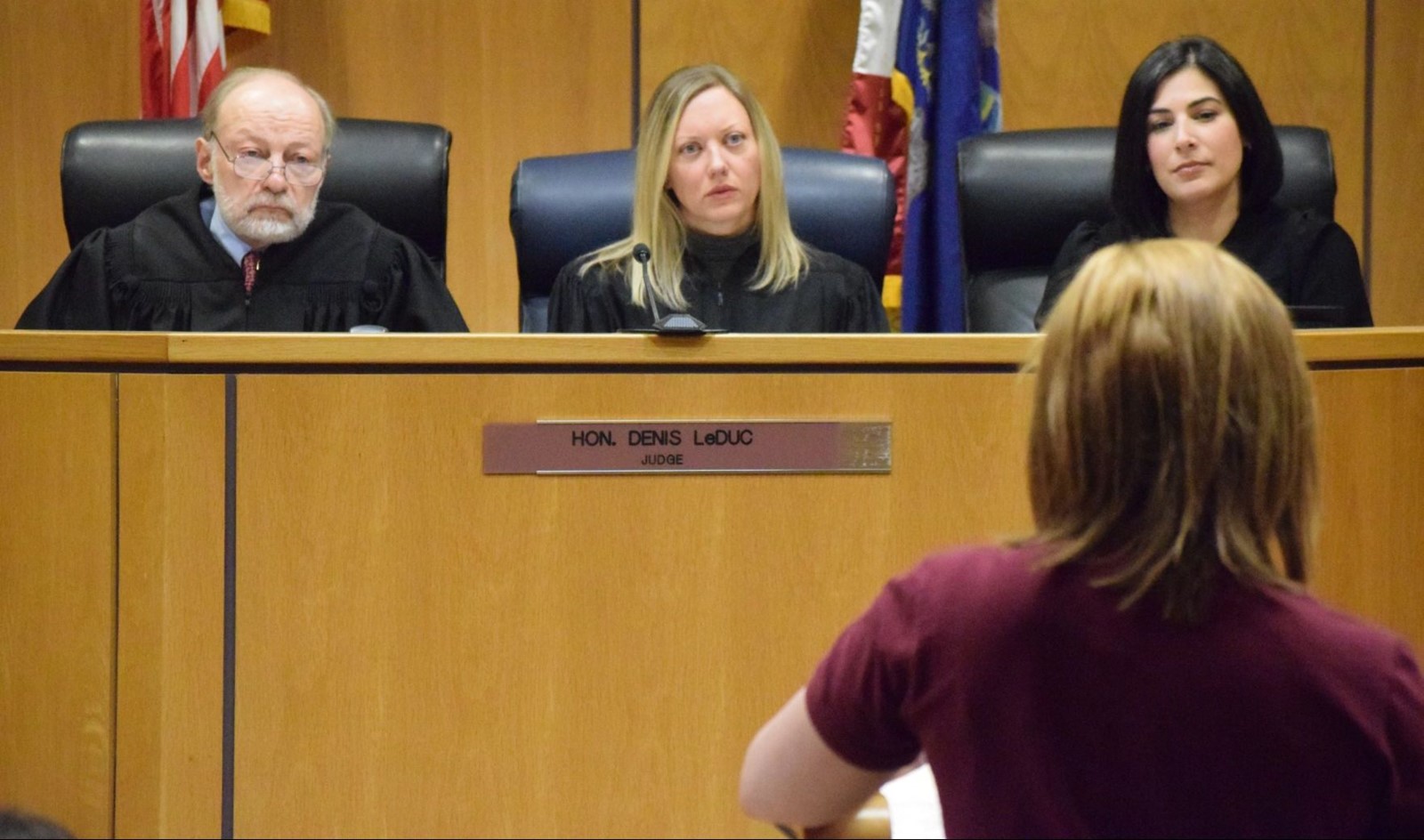
Michigan Supreme Court Chief Justice Elizabeth Clement announced Wednesday she is resigning from the bench after serving over eight years, as chief for over two years.
Clement said in a written statement she informed Gov. Gretchen Whitmer she plans to step down from the seven-member bench no later than April 30. Whitmer will appoint a new justice.
“Leading our state’s highest court has been an opportunity to continue a proud record of independence, fairness, and commitment to the rule of law,” Clement said. “I am thankful to my colleagues for their support and friendship, as well as for their willingness to seek common ground in serving the people of Michigan.”
Her departure will reduce the conservative minority on the bench to only one, Justice Brian Zahra, with a Democratic governor to make the appointment to replace Clement. Former Justice David Viviano of Sterling Heights, who like Clement and Zahra were nominated by the Republican Party, declined to run for re-election last year and was replaced by Kimberly Ann Thomas, who was nominated by the Democrats but nonetheless was supported by Clement.
Clement will leave with nearly two years left in her term.
Clement, who is known for her work in child welfare and juvenile justice, said, “Going forward, my plan is to continue working to find ways to bring people together, to put data to work, and to make a difference in the lives of people so that interactions with our justice system result in safer communities and stronger families.”
Clement previously served as the court’s co-liaison to the State Court Administrative Office Department of Child Welfare Services, which assists juvenile courts on child welfare matters, including child protective proceedings, foster care, adoption, termination of parental rights, permanency outcomes and data collection and analysis, according to her court biography. Clement represents the high cout as the chair of the Michigan Judicial Council and serves on the Governor’s Juvenile Justice Task Force.
She said during her time as chief she is “especially proud of the work we have done to increase our capacity to collect and analyze data by connecting local trial courts to a statewide system.”
“Our team at (SCAO) has consistently made it clear that no one works harder in the fight to make our justice system more efficient, more accessible, more transparent, more accountable, and more data driven,” she said. “At the same time, our efforts to support implementation of juvenile justice reform will ultimately make sure every youth who needs help can get the support they need to succeed. Most of all, SCAO has become a force for good toward achieving our shared goal of a justice system that works better for everyone.”
Clement previously served as the liaison to more than 200 problem-solving courts — such as drug, mental health and veterans courts — in the state and the MJI.
She was appointed by then GOP governor Rick Snyder in 2017 and elected the next year to an eight-year term.
Before her appointment by Snyder, Clement served as chief legal counsel in the Executive Branch, advising on a wide variety of legal, legislative, and policy matters. She served as legal counsel in the Michigan Senate in 2010. Prior to that role, she served in the Senate Majority Policy Office from 2006 to 2010.
She earned her law degree at Michigan State University College of Law in 2002 and spent the first few years as an attorney in private practice family law, adoption, probate, estate planning and criminal law.
She resides with her husband and children in East Lansing.


 PREVIOUS ARTICLE
PREVIOUS ARTICLE
